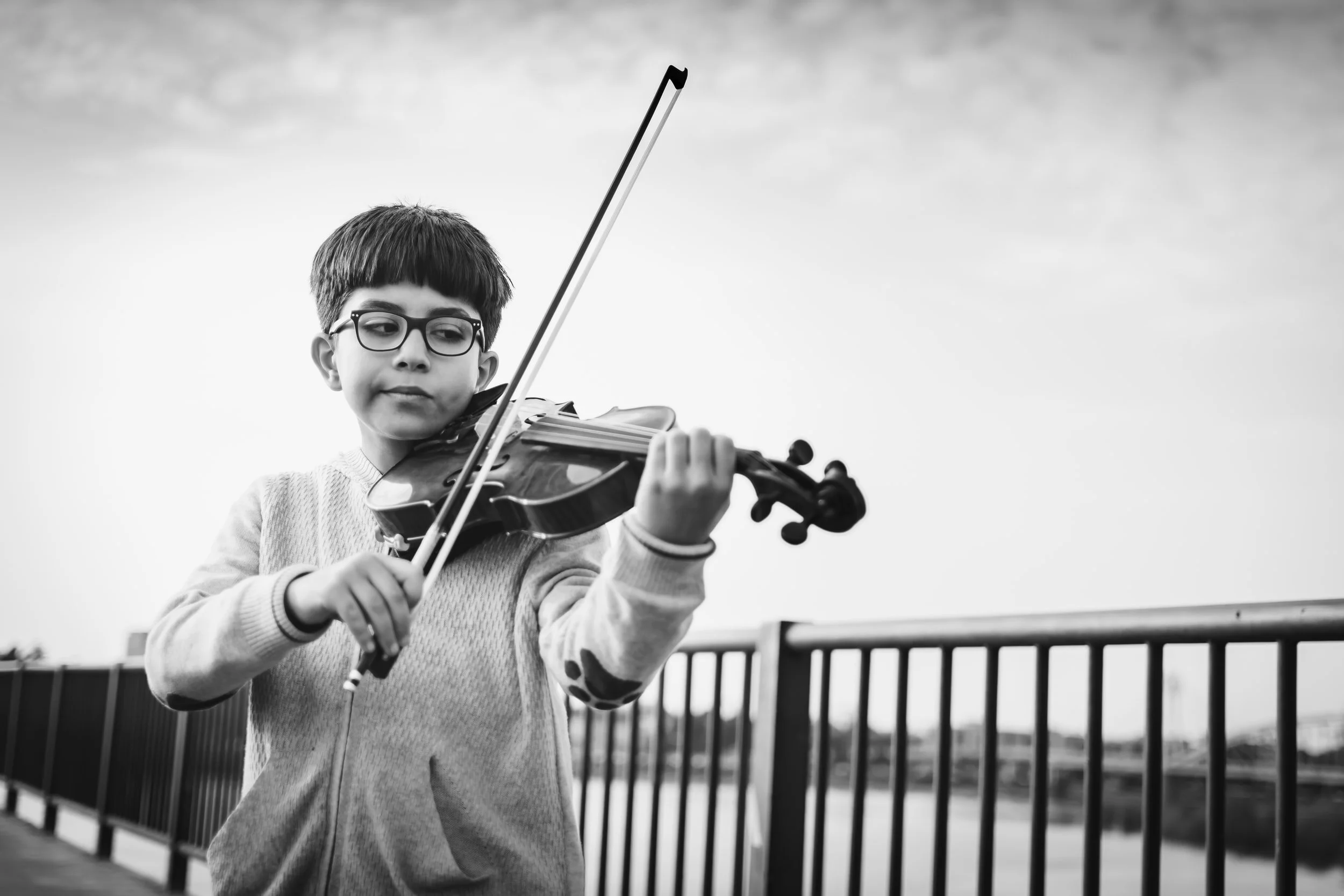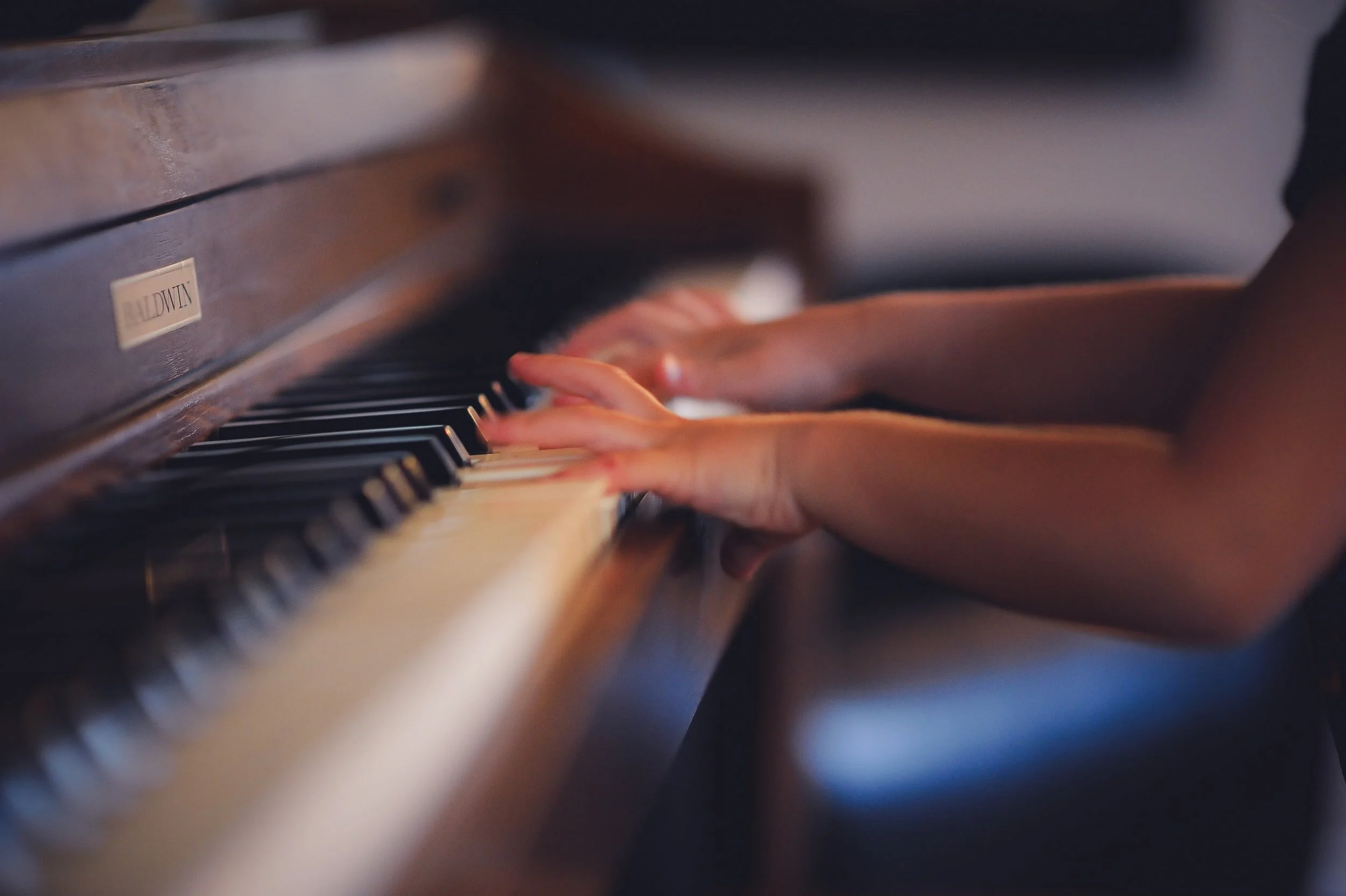What is the Best Age to Start Music Lessons?
There is something extraordinary about seeing a small child pick up a tiny toy-like violin or sit down at a piano with a booster seat and start playing wonderful music that seems impossible for a child to perform. What parent would not be so proud to have a little musical prodigy? While these exceptional children do exist, most of the world’s musicians must put a significant amount of time and energy into any musical instrument. The vast majority do not perform a concerto by age 4, and that’s OK! Even if your little one isn’t Carnegie Hall bound, music is such an important part of education and the first question most parents ask is: at what age should my child start taking lessons? Is there a right age to start learning a musical instrument?
In terms of physical ability, children can start violin lessons as young as 3 years old. There are instruments that are small enough to accommodate their body size and they do not need to read music in order to learn to play. The Suzuki Method is perhaps the most well-known system for young violinists that does not involve reading music. However, there are many factors to consider such as attention span, self-control, willingness and ability to learn and most importantly the interest in learning to play. The technical demands of the violin are sometimes quite difficult for students of all ages and often overshadow the music that they want to learn but have difficulty producing. A good Suzuki violin teacher can break down these challenging aspects into easy concepts for young children.
The viola and cello pose physical challenges and these instruments also come in different sizes as well. The beginning violist often plays a violin that is strung with viola strings, but as the musician gets bigger they transition to a true viola. The cello does come in smaller sizes, but it is significantly larger than a violin and therefore being sized correctly at your local shop is essential for 3-6 year-olds. Many students wait until age 5 or 6 to start the cello, but a good Suzuki cello teacher can successfully start a 3 or 4 year-old.
Young children starting piano lessons do face the same behavioral challenges as young string players, and their physical limitations are a concern for budding pianists. Pianos do not come in fractional sizes like string instruments, so little fingers have a very difficult time manipulating the keys successfully. Piano students should always start with a normal size keyboard with weighted keys. Note reading is an integral part of piano playing, and the vast majority of teachers have their students reading notes from day one. Childhood development stages determine one’s ability to read, and most students can learn to read music around the same time they learn to read language, around age 4 or 5. Because of size limitations and literacy skills, it is generally recommended that children start piano lessons no younger than age 5 or 6, but of course there are always exceptions. Some teachers are quite successful teaching very young children to play the piano.
In order to maintain the interest of a young student, it is important to have a teacher who is engaging and fun but who also maintains the degree of discipline necessary to conduct a productive lesson. For the parent of a young musician it is important to have realistic expectations of what your child can do. Some children sound very good quite early into their music education, but others take more time to achieve the desired sound. Sometimes attention-seeking behavior overshadows good music class behavior and can make lessons challenging. Not every lesson is going to be a winner, and there is always one comedian at a recital who throws their shoe or walks off the stage, but if the majority of lessons are going smoothly your young musician is probably on the right track!
It is also beneficial (and in some cases imperative) that a parent is involved in the lessons and guides their child in practicing habits by reminding them when to practice and what they need to be doing. After the initial novelty of playing a musical instrument wears off, it might take a bit of gentle coaxing to have your child practice on a regular basis. If it turns into a torture session involving tears and begging to quit, it might be better to put the music on hold for now and to pick it up again when the child is a little older or shows an increased interest.
The main thing to remember is that it is never too late to learn something! Many adults start learning to play a musical instrument often into their golden years with much success. Granted, there are going to be limitations as to what you can do with your musical education, but a student at any age can learn to play the violin or piano if there is the desire and the willingness to work hard! The most important thing an aspiring musician can do is to take lesson with a qualified music educator. Whether you are an adult or 3 year old, a good teacher will make all the difference in your success.




